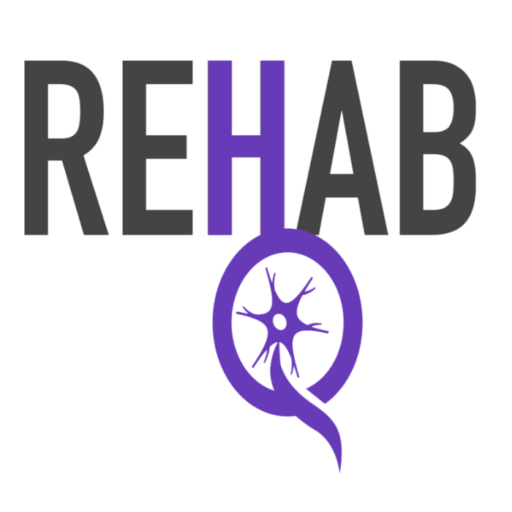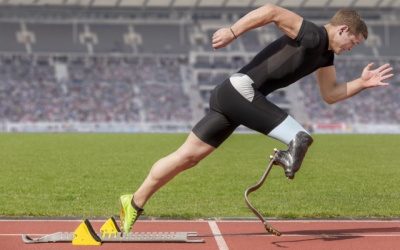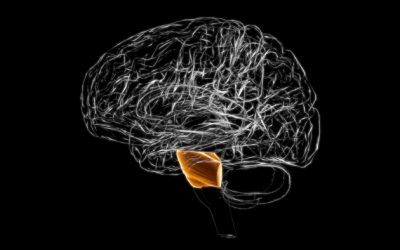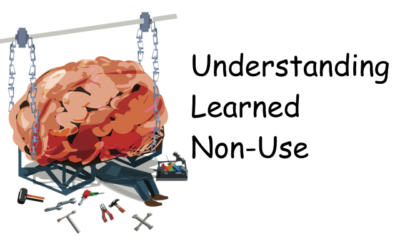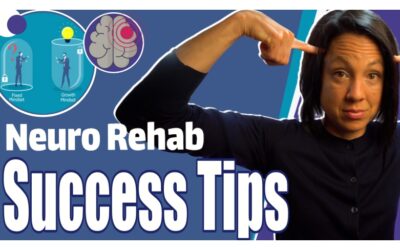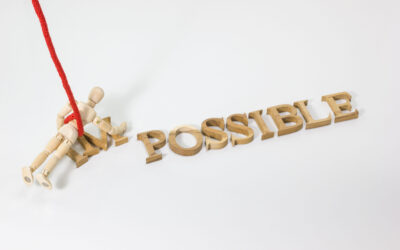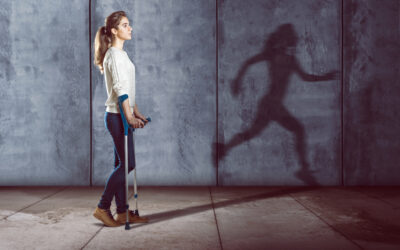Are You Missing the Nutrients That Help the Brain Heal Faster?
If you’re recovering from a stroke, you already know the process can feel slow, tiring, and confusing. You work hard on your exercises… but sometimes it still feels like your brain isn’t changing fast enough.
Here’s something most people never get told:
Your daily exercises aren’t the only thing that help your brain heal.
What you feed your brain may matter just as much as the exercises you do.
There are two nutrients that your brain leans on heavily after a stroke:
- Protein
- Creatine
How Protein Fuels Neurotransmitters
Protein (like chicken, eggs, beef, yogurt, or fish) is more than a food group, it’s the raw material your brain uses to communicate.
Here’s what makes it essential:
- It helps regulate appetite and blood sugar.
- It has a high thermic effect, meaning your body works harder to break it down.
- But most importantly for stroke recovery? Protein provides the amino acids that your brain uses to communicate, heal, and grow.
Those amino acids aren’t just floating around passively. They become neurotransmitters and growth factors, tiny chemical messengers and builders that your neurons rely to function.
Why Amino Acids Matter for Rewiring
After a stroke, your brain is working hard to build new pathways, almost like creating detours around damaged roads.
Amino acids give your brain the materials it needs to form new connections, strengthen the skills you practice in rehab, and support thinking, memory, and movement.
A few key examples:
- Dopamine (helps you stay motivated and focused)
- Serotonin (helps stabilize mood)
- Glutamate & GABA (help neurons turn signals “on” and “off” so learning and movement work properly)
When you’re rewiring your brain, learning to walk differently, speak differently, or coordinate new patterns, these neurotransmitters are the sparks and signals that help the new circuits form.
So yes, your repetitions matter.
But without protein?
You don’t have enough workers to build on the work you’re doing.
How Creatine Acts as the “Backup Battery” for Your Brain
Creatine often gets labeled as something only athletes use, but your brain depends on it too.
Your brain runs on energy called ATP. Every thought, every movement, every new connection uses ATP.
Here’s where creatine comes in:
- It helps your brain recharge ATP when energy runs low
- It supports learning and memory
- It gives your brain extra fuel during difficult tasks
Think of creatine as a portable charger you plug in when your brain is working hard, especially during rehab.
The important part:
Creatine only naturally comes from animal foods.
So if you don’t eat animal protein, you’re likely getting zero creatine from your diet. It’s a gap worth talking to your doctor about, especially during neurologic healing.
The REAL Connection Between Nutrition and Neuroplasticity
Protein gives your brain the building blocks, the scaffolding that supports new connections.
Creatine gives your brain the energy, the ability to power those connections into action.
Healing after a stroke isn’t about doing more all the time. It’s about doing the right things consistently and giving your brain what it needs to make the most of your efforts.
Neuroplasticity, the rewiring of the brain isn’t just about movement practice.
It’s about your brain having the energy and materials to make change happen.
Nutrition doesn’t replace rehab…
but it supports your rehab so your brain can make better progress.
Actionable Steps to Consider
1. Take an honest look at your protein intake.
Are you getting enough high-quality protein each day?
(Animal protein offers the full amino acid profile, but talk with your doctor or dietitian about what’s right for you.)
Try:
- Eggs
- Greek yogurt
- Cottage cheese
- Lean meats
- Fish
2. Ask your medical team about creatine.
A low-dose creatine monohydrate supplement is usually where people start.
Ask whether it’s safe for your kidneys, your medications, and your specific type of stroke.
3. Pair your nutrient support with intentional practice.
Once your brain has the raw materials and the energy, your therapy has a much better chance of sticking.
Choose one small movement or task that matters to you:
standing from a chair, stepping onto a curb, reaching into a cabinet
and practice it with intention.
4. Notice how you feel.
When your brain is well-fed, it often shows up in focus, attention, and energy.
Reflection Questions for Your Journey
What part of your recovery feels most “energy-draining” right now?
Could improved nutrition help support that?
Is there one small shift you could make this week, more protein with breakfast, or a conversation with your doctor, that could give your brain a little more fuel?
Does your current diet align with the healing your brain is trying to do?
If you’re ready for more structured guidance, feel free to explore our membership plans and take the next step toward the stronger, more confident version of yourself that’s waiting on the other side of this work. You can also schedule a discovery call to talk through your goals and challenges with someone who gets it.
Your brain is capable of more than you think.
Start fueling it like you believe that.
Articles you may be interested in
When Goals Go “Rogue”
Setting "big goals" seems to be an admirable quality these days. Whether it is in life or in neuro rehab, stating you have "big goals" seems to tell the world you are "ambitious". I know you have a goal in mind. That skill, movement, activity that you want to be able...
Beat the odds by starting
Everyone has the ability to be "the one" who beats the odds. And in fact, I see those people on a weekly basis. I will call these people the "outliers". Yes, defying the odds. Week after week. What is their secret? They start...... In a race, the sound of a gun...
Pontine Stroke: Everything you need to know
https://youtu.be/bynfAyJNM_8 A Pontine Stroke is commonly referred to as a pontine CVA or pontine cerebrovascular accident. It is an ischemic stroke that affects a region in the brain stem known as the pons. Not sure why this is important? The pons communicates...
The Courage To Continue….
A neurologic injury can have a dramatic impact on every aspect of life. Some lose the ability to speak, walk, hear, see, bath, groom, write, type, eat, and the list goes on. Yeah, a real “pickle”. So, the logical conclusion would be that someone in such a situation...
Understanding Learned Non-Use
https://youtu.be/iLo0j4aC44I Do you feel like you have plateaued? What I mean is, has your arm and leg movement recovery slowed to a crawl? Or maybe progress has stopped altogether? The common belief is that someone loses the ability to move because that part...
Success Tips In Neuro Rehab
I have good news and bad news. The good news is you have tons of potential for regaining more of your mobility back. The bad news is, some of you will never get there. The reality is, that some of you have gotten as far as you will ever get. And it has nothing to do...
Reframing Adversity
Is it possible to reframe adversity? And if so, what's the point? I mean, sucky situations.....well, suck. Am I right? What if I told you it didn't have to be that way? That there is a way to reframe your adversity into something more. Possibly even...
Finding your SUPERPOWER
Are you unknowingly giving away your power? I hate to admit it, but I can be guilty of this. I am quick to justify why I am not making progress toward a goal. Bad circumstances, lack of resources, not enough experience….oh, and my favorite…..genetics. My parents were...
Keep Going…..
"“I’m not going to get somewhere and say, ‘OK, I’m done.’ Success is never final; I’ll just keep on going. The same way as failure never being fatal. Just keep going. I’m going to the stars and then past them." - Connor McGregor "I'm going to the stars and then...
Miracles….”Fact” or “Fiction”?
"Miracles happen everyday. change your perception of what a miracle is and you will see them all around you." - Jon Bon Jovi Are "miracles" unjustly crucified? I know Jon Bon Jovi, might not be considered the "thought leader" of the 21st century. However, I think he...
